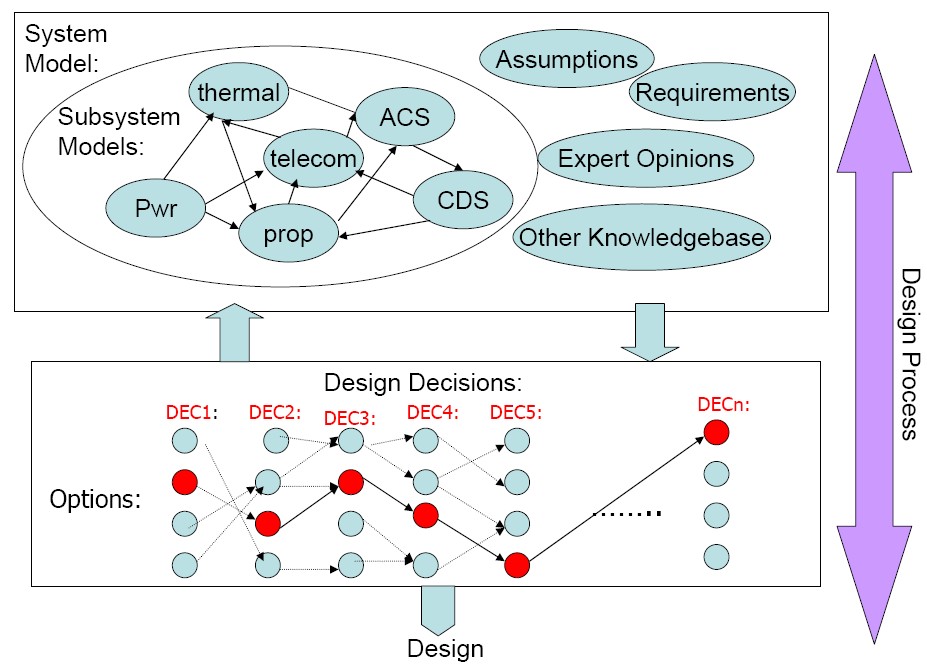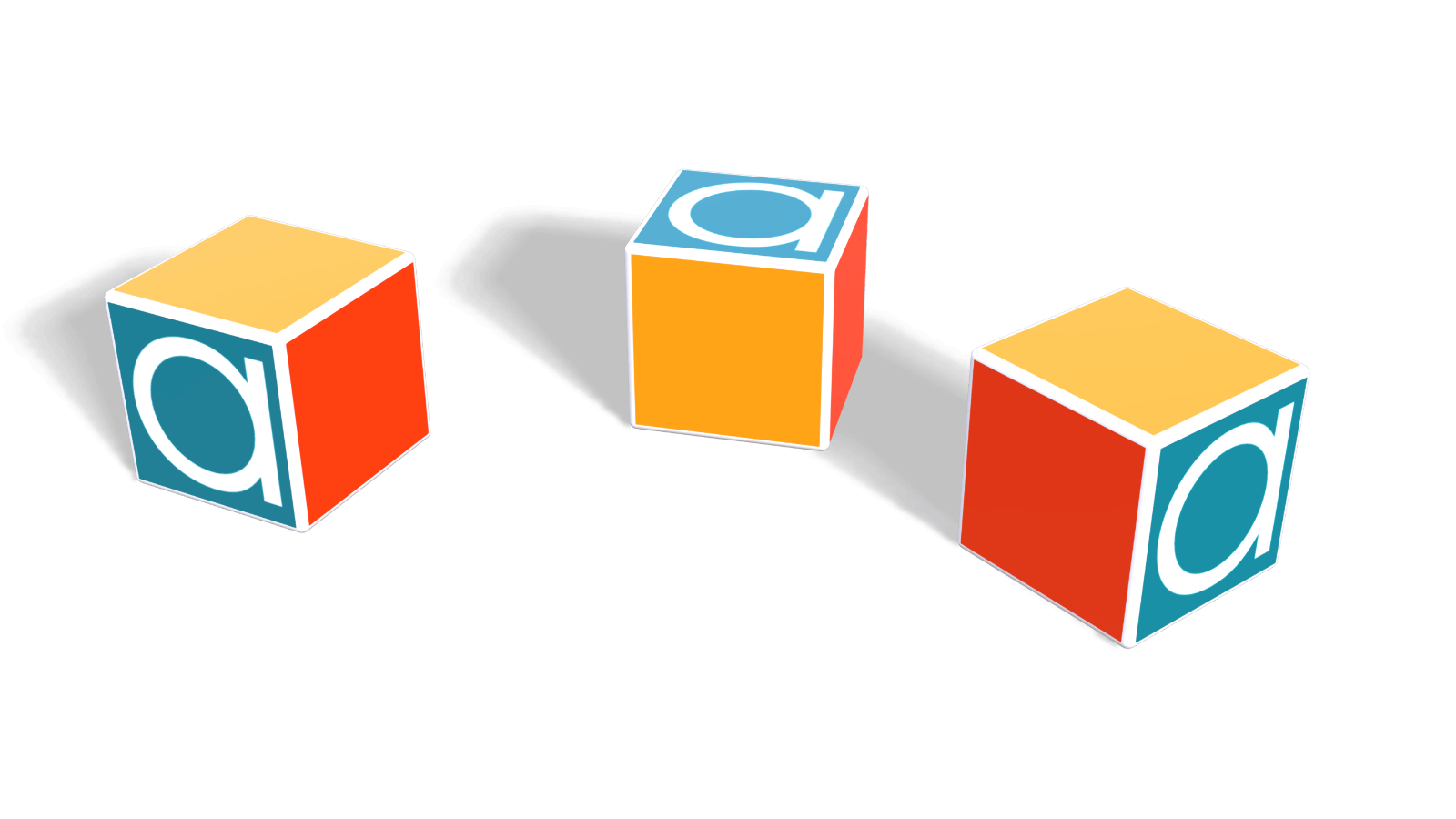Spending money on decision support software may not be the issue; even if getting value for money is typically a priority. Accepting that decision support software may not be able to solve all problems is also possible. But the fact that the improper use of such a decision support solution may in itself cause problems can be a surprise. Knowing how decision support systems can interact with both individual and collective psychology can help to recognize any undesirable side effects, minimize them and focus instead on the positive contribution such software can have.
Computer says ‘no’
If you’ve watched any of the comedy series ‘Little Britain’, you may remember this catchphrase. It sums up the way that authority is often transferred to ‘the system’. While for decision automation software this may be the goal, the role of decision support software should be what its name suggests: to help people make decisions by supplying useful insights, rather than being appointed the sole authority for determining the future. The facility in Analytica of changing and experimenting with different models is a key factor in allowing people to drive the decision support software, and not vice versa.
If all you have is a hammer…
…then every problem becomes a nail. In other words, if decision support software is considered to be the only tool available, there is a temptation to transform (or deform) every problem into something that can be modeled within a decision support system. Some problems however cannot be expressed quantitatively and trying to shoehorn them into a calculation or a simulation is not reasonable. Worse still, important problems that cannot be handled by decision support software may be ignored, on the basis that only the problems that the system can deal with are the ones that merit attention. Training on the system that makes it clear when to use it and when to employ other approaches can help position it as part of a wider range of possibilities that also include experience and judgment.
Just gotta make that decision
Really? Sometimes the best decision is not to take a decision. Decision support software is one ‘vote’ concerning a problem or a situation, to be considered in the context of all the votes made. In financial trading where decision support software may be used heavily, experienced traders widen the voting field by using a combination of financial decision support tools. If all the tools suggest that a particular trade is the right one to make, the trader may go ahead. If one of the tools gives an opposite indication, the trader may choose not to trade.
Handling the information load
Another system, more data and increased complexity – is that what decision support software means? Although there may be a learning curve at the start, a decision support system should also allow users to cut down on information to use only what is directly relevant to the question at hand. Analytica allows easy and immediate detection of the sensitivity of a decision model to different factors, so that factors with little or no impact can be rooted out, letting users concentrate just on the truly relevant ones.
If you’d like to know how Analytica, the decision support software from Lumina, can help you develop a flexible and appropriate decision support system, then try the free edition of Analytica to see what it can do for you.







